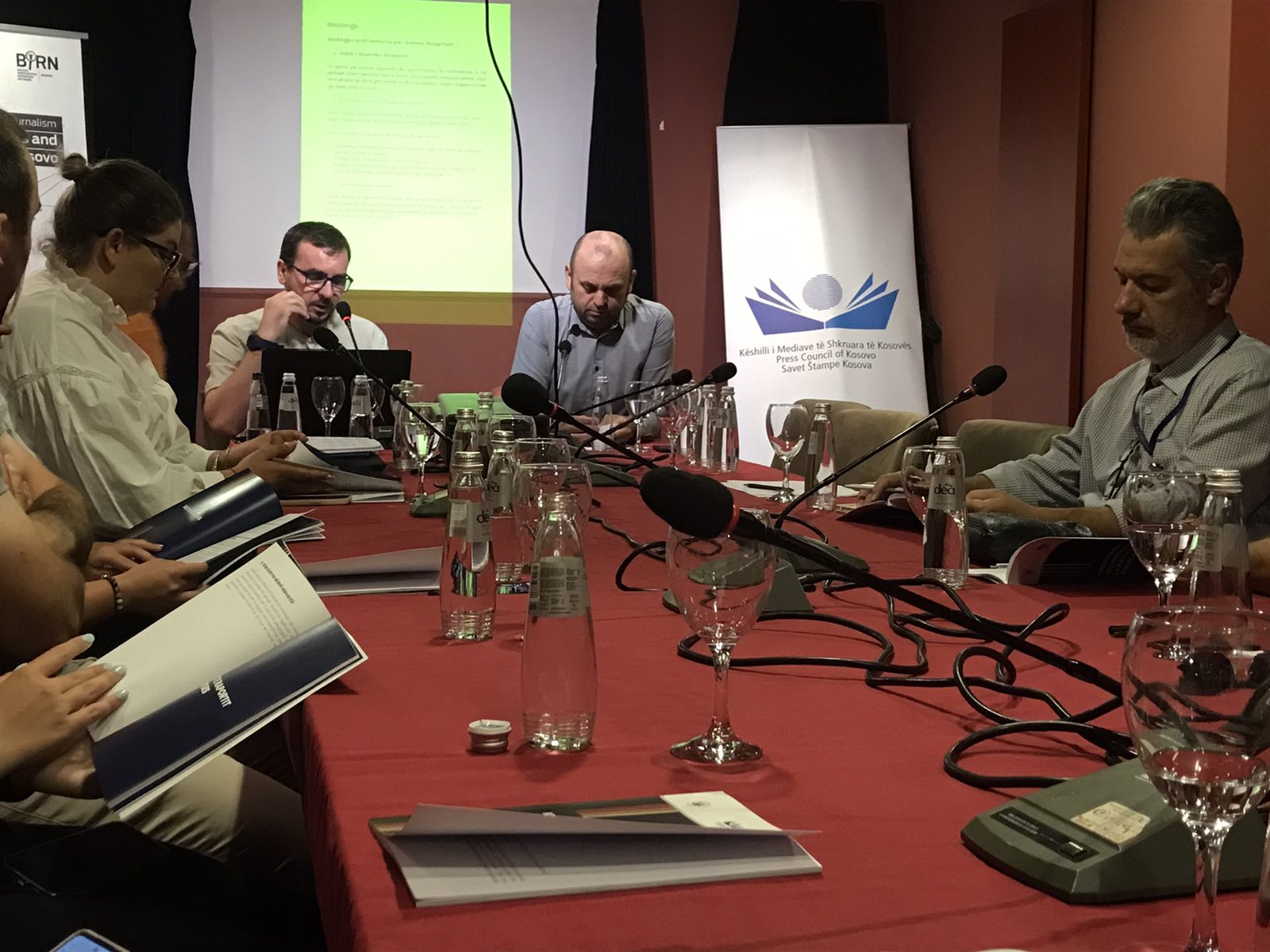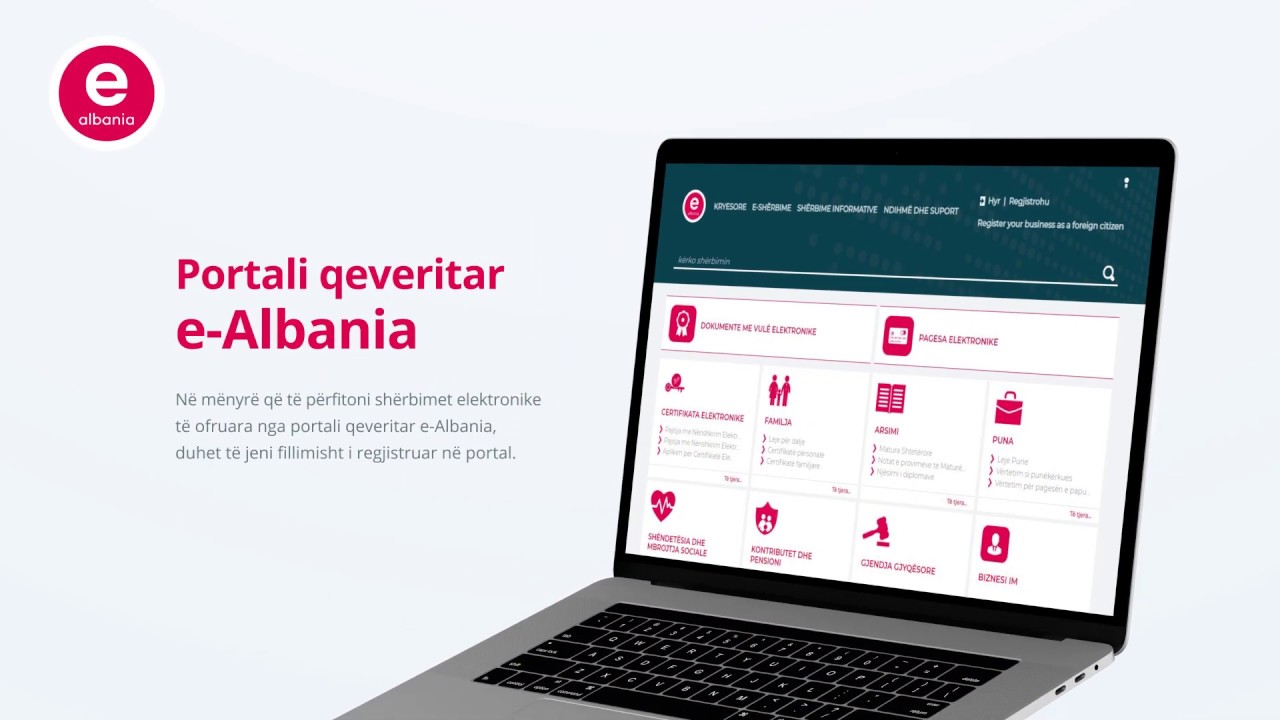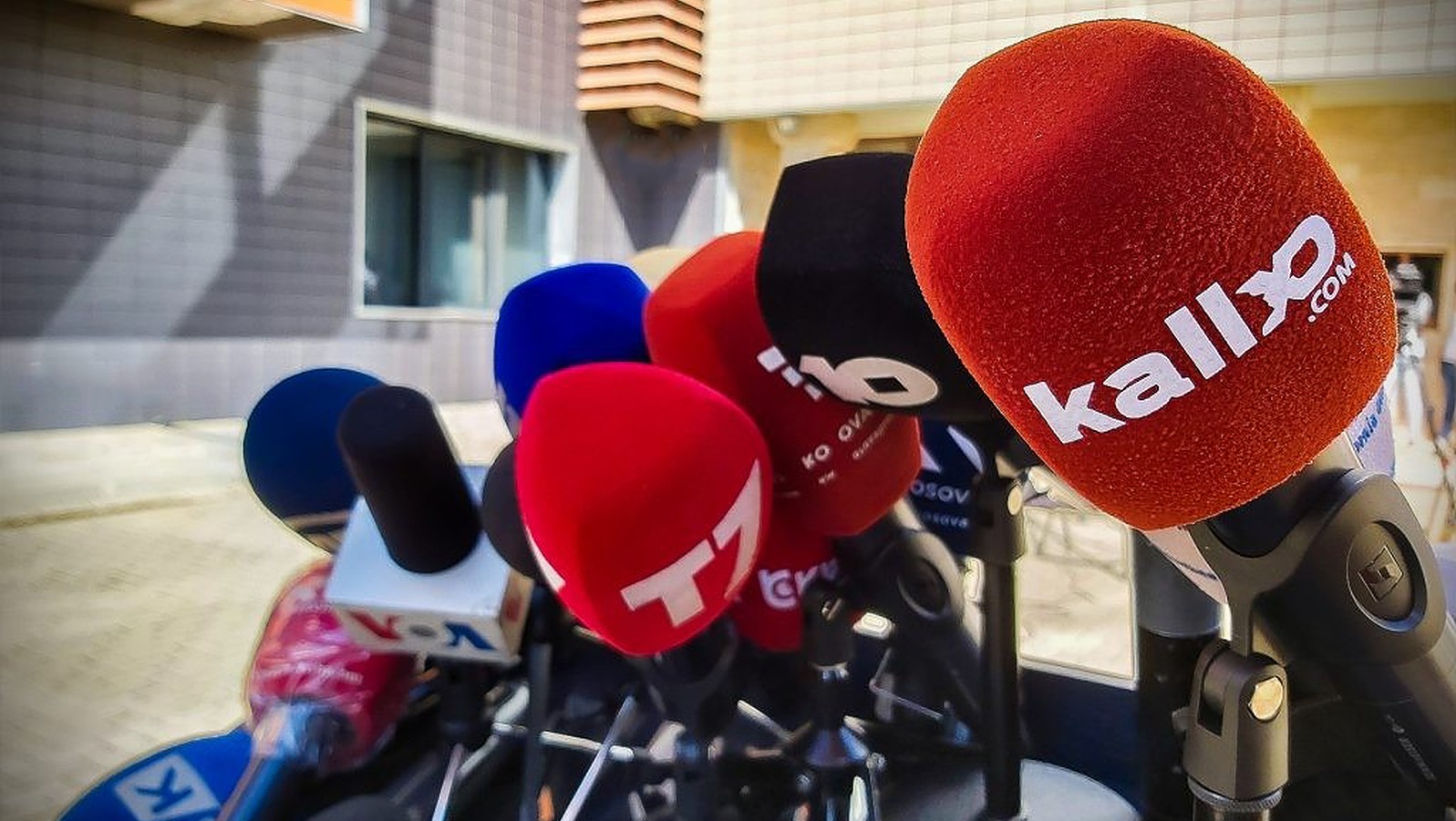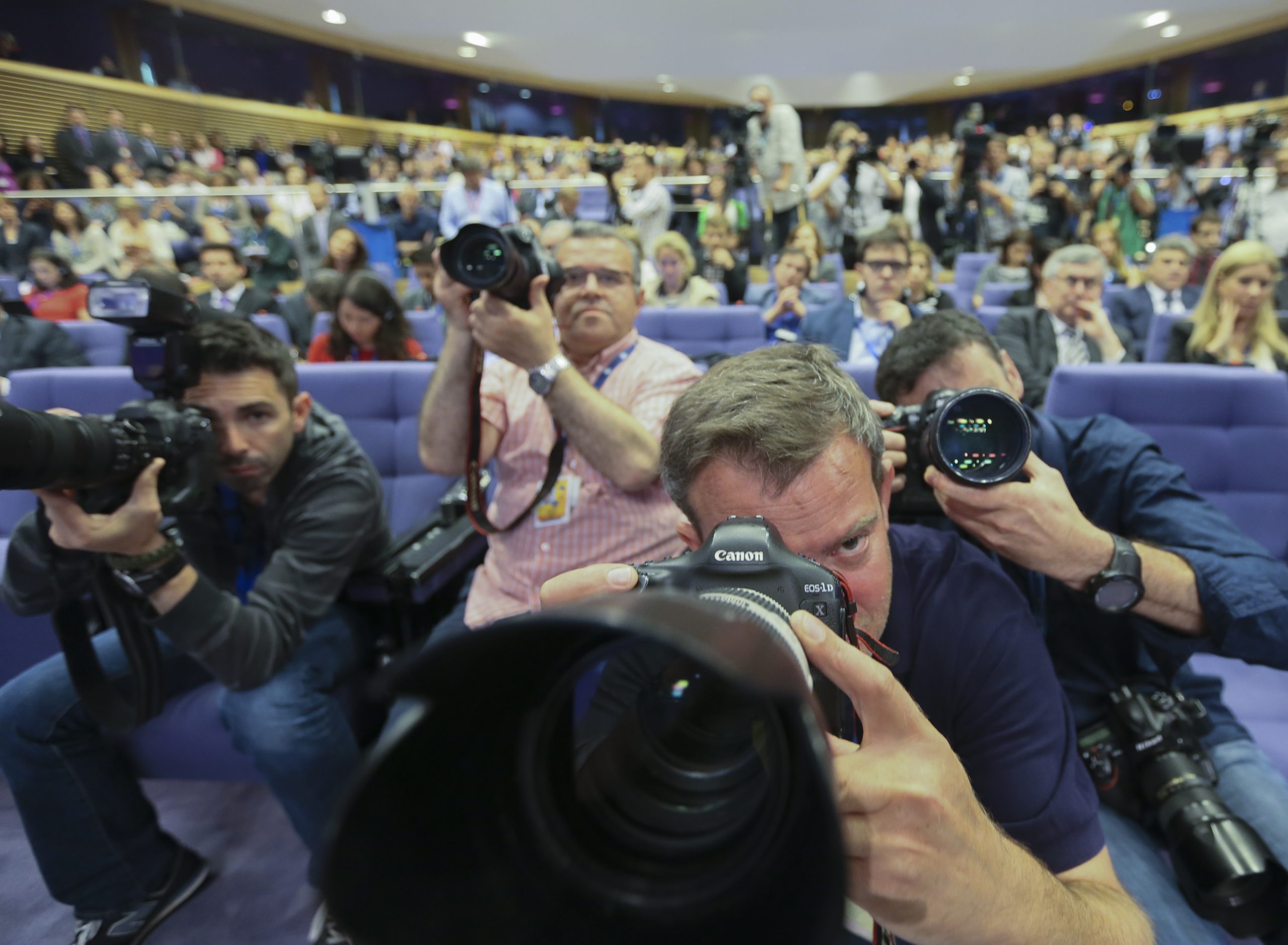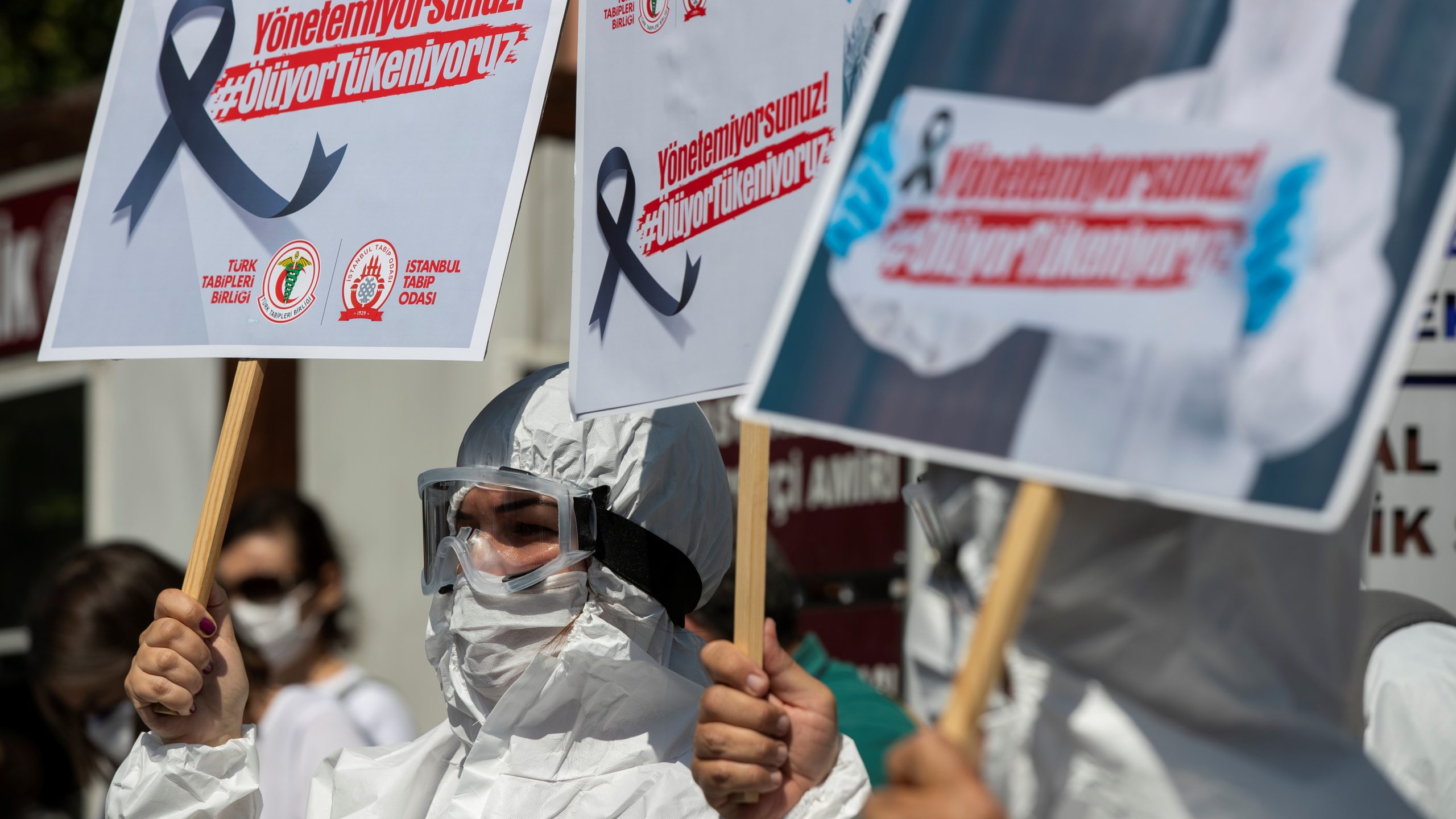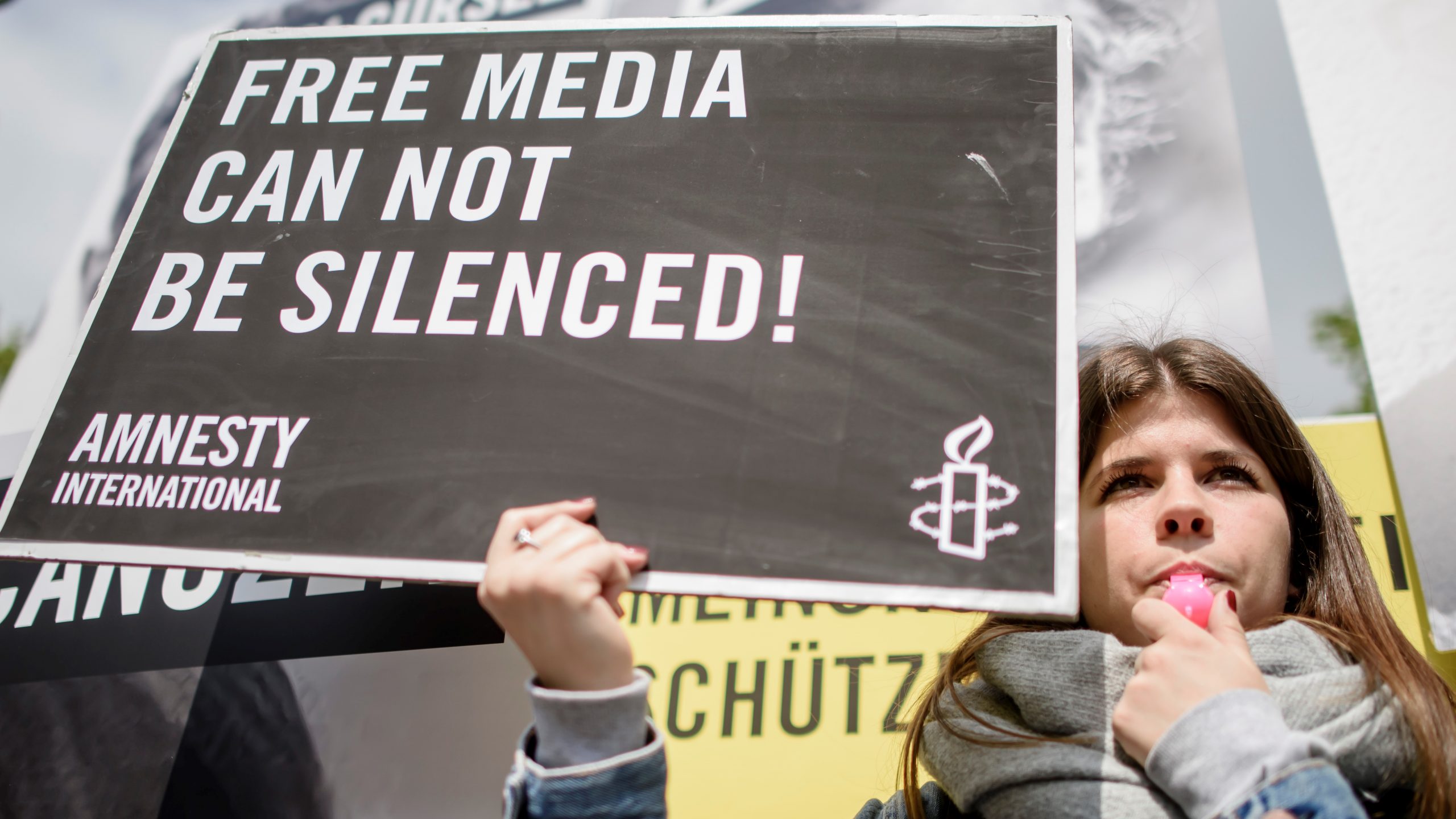Nikos Androulakis, head of PASOK-KINAL, the third-largest party in the Greek parliament, almost fell victim to Predator surveillance software recently, for which reason he has filed an indictment to the Supreme Court, his party said Tuesday.
PASOK-KINAL said Androulakis received a text message with a link on his phone that read: “Let’s look at the matter a little more seriously, man, we have something to win.”
Adroulakis did not click on the link, and his device was not infected.
“It is a case that raises reasonable concerns and questions about what exactly is happening in the political system, in Greek democracy; who are those who are hiding behind and tried to steal personal data and trap the mobile phone of the political leader of the third party of the Greek parliament?” Thanasis Glavinas, director of PASOK-KINAL’s parliamentary group, told BIRN.
In April, two journalists of the investigative media outlet Inside Story, Tasos Telloglou and Eliza Triantafyllou revealed that another journalist, Thanasis Koukakis, was spied on by Predator software for at least three months.
Inside Story revealed that 50 websites of Greek interest were intended to infect the mobile phones of targets who speak Greek, and that targets included both journalists but also ordinary citizens.
The National Transparency Authority, established by the current government, launched an investigation into Koukaki’s case.
But the report said that the government had nothing to do with the surveillance of Koukakis since neither the police nor the National Intelligence Service had purchased or used this or similar spyware.
“The report was delivered to Koukakis last week, three months later, and it appears that some elements were not checked at all,” Telloglou told BIRN.
Inside Story’s newest investigation discloses that the National Transparency Authority did not examine the bank accounts of the companies Koukakis had filed, which appear connected to the security services; it did not examine the activities of the Cypriot companies connected to the software producer or dealing with the Greek state.
“The Greek government has multiple times denied having or using Predator, but has failed so far to find who is using the spyware against targets in Greece, which raises concerns about the protection of democracy and civil rights,” Thodoris Chondrogiannos, reporter at Reporters United, told BIRN.
Reporters United’s investigation into surveillance in Greece revealed that business people with whom Grigoris Dimitriadis, Secretary General and nephew of Prime Minister Kyriakos Mitsotakis, dealt, are directly or indirectly linked to the companies that trade in Predator.
“Following the publication of our investigation, Dimitriadis sent an out-of-court statement against Reporters United, calling the publication a ‘blatant attempt to target and smear me’. However, he did not dispute the links between the companies and businessmen we presented in the investigation,” Chondrogiannos said.
Greek media report that journalists, lawyers, and civil servants have been put under surveillance by the National Intelligence Service; including BIRN contributor Stavros Malihoudis.
On February 24, Solomon media outlet filed an indictment to the Supreme Court about the surveillance of citizens by the National Intelligence Service.
“The political system, together with the authorities and the Greek justice system, must take the initiative and investigate such cases from their origin; we cannot live like this, and unfortunately in Greece, everyone, more or less, has the belief that they are watching us, even if this is not true,” Glavinas said.

